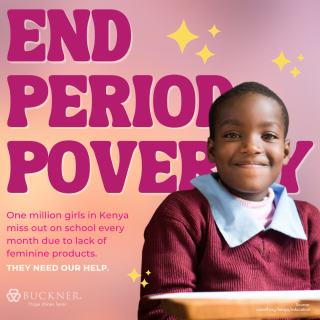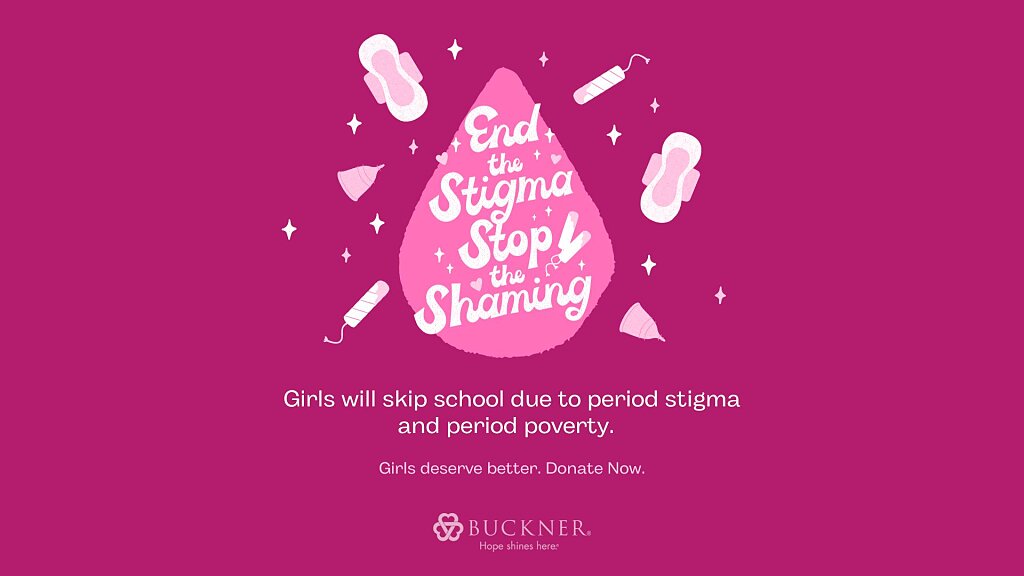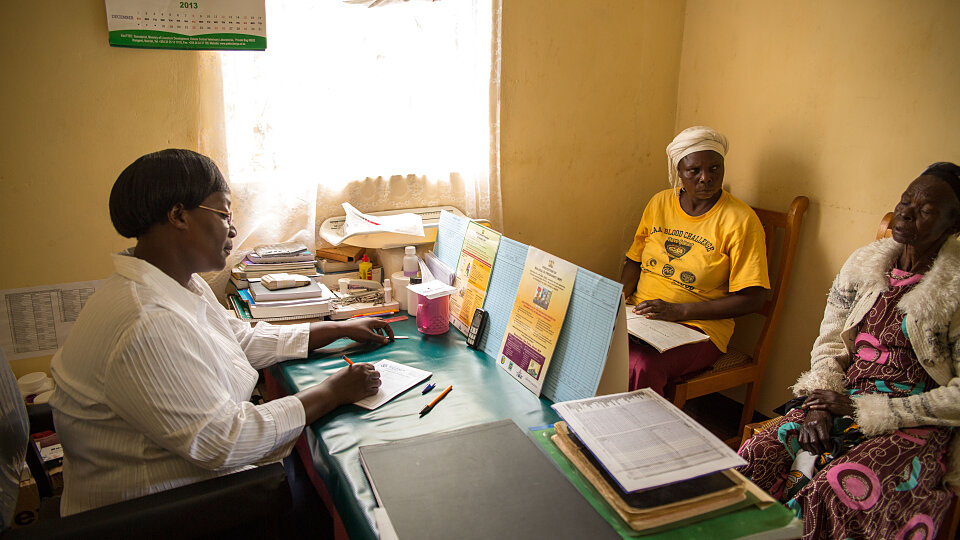Period poverty impacts women every day
Women face a variety of stresses and challenges nearly every single day. But for some women, even more stress can come from lacking something they desperately need: feminine hygiene products. I’m sure you’re thinking, how is it possible in today’s times that there are still women without access to products for their period?
It’s about more than just a pad
Period poverty impacts an estimated 500 million women and girls. In places like Kenya or Latin America, feminine products are a financial burden and considered a luxury rather than a necessity.
 When they don’t have access to products needed to hygienically manage their period, it creates a domino effect. It’s not just a lack of access to period products, but a female doesn’t have access to education, products or equality due to their period.
When they don’t have access to products needed to hygienically manage their period, it creates a domino effect. It’s not just a lack of access to period products, but a female doesn’t have access to education, products or equality due to their period.
Often, they stay back from school or work – perpetuating the gender gap. In other cases, such as in Kenya, females experience more dire situations like resorting to sex to pay for items and risking both unplanned pregnancies and contracting sexually transmitted diseases.
The lack of access to period products creates a hamster wheel of vulnerability. Girls need access to education to learn proper hygiene but it’s difficult to receive the education when they don’t have products to safely attend school.
For many women, they may have access to the product but don’t have safe spaces to use them. Without access to private, safe areas with water and soap, there are health risks for these women as well.
Missing school is the tip of the iceberg
In the United States, almost 20% of girls miss school due to a lack of feminine products. And as many as one million girls in Kenya miss school every month due to their periods.
Missing out on education perpetuates the struggle to rise out of poverty as well. And staying on top of your education while missing a week out of the month is nearly impossible. Many girls in this situation choose to drop out of school instead.

In Kenya, a third of the population lives on less than $2 a day and a pack of pads at 51 cents is a luxury. While Kenya got rid of their 16% tax on period products in 2004, there’s still a long way to go to make these products accessible to the women who need them.
Impacting period poverty together
Together, we can help end period poverty for females in need.
There are a few ways you can support us with normalizing periods and addressing this global problem.
-
Visit our Amazon Wish List
- Hygiene products purchased will help females from age 10 to 50 who are served by the Buckner Family Hope Center® in Kenya
- Items purchased through the wish list will ship to the Buckner Center for Humanitarian Aid in Dallas to be prepared for the upcoming shipment to Kenya
- Donate to the Period Poverty campaign to assist in purchasing feminine hygience products
- Help us spread awareness of Period Poverty and the global need
- Do you know someone who works for a consumer products company that would collaborate with Buckner to help provide period products domestically and internationally?
- Are you a part of an organization looking for a service project?




Add a Comment